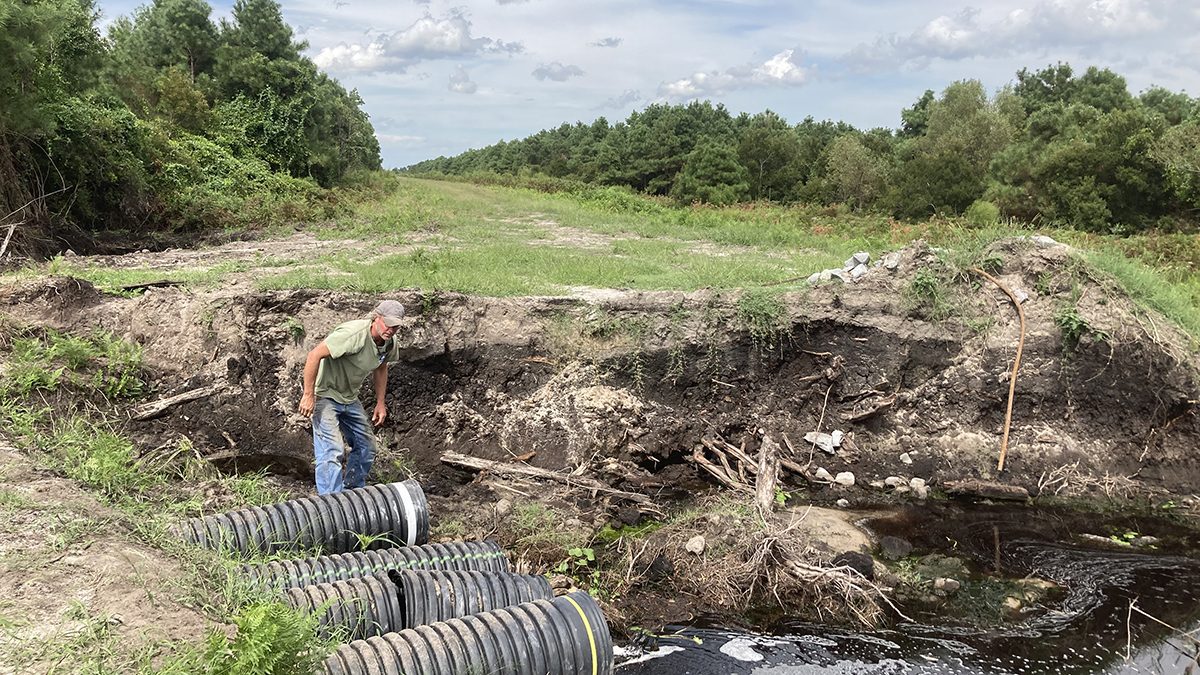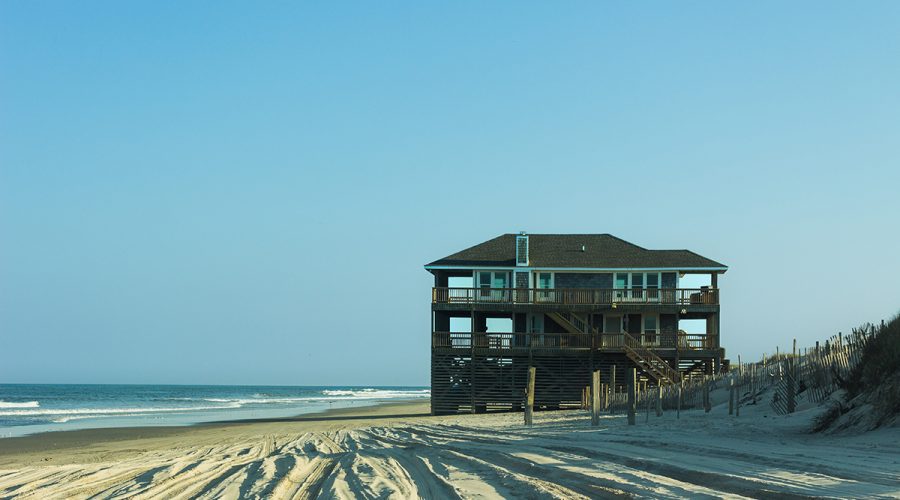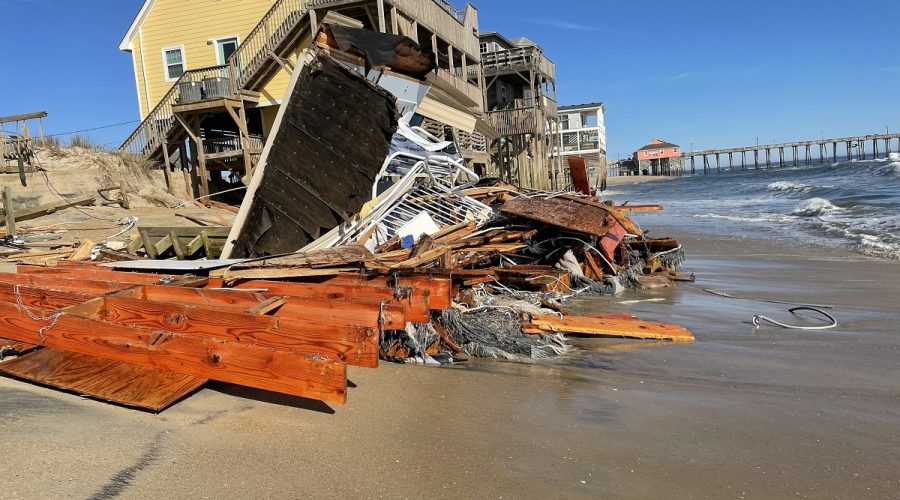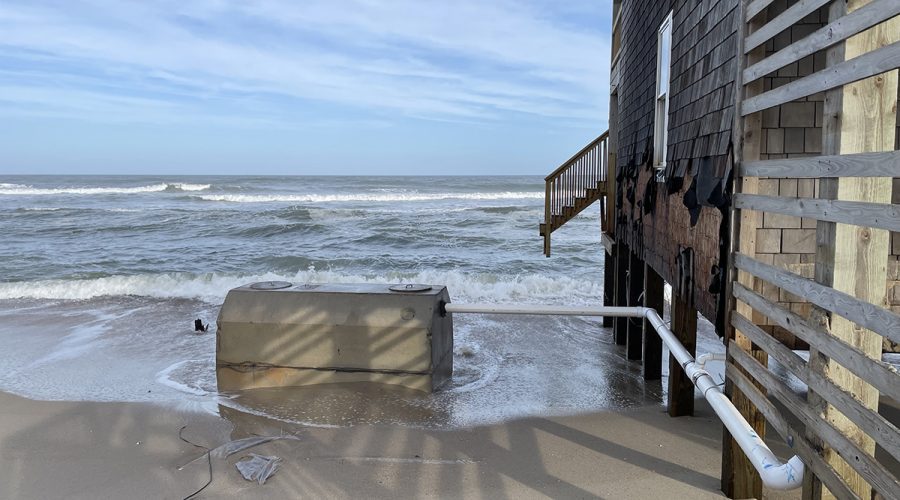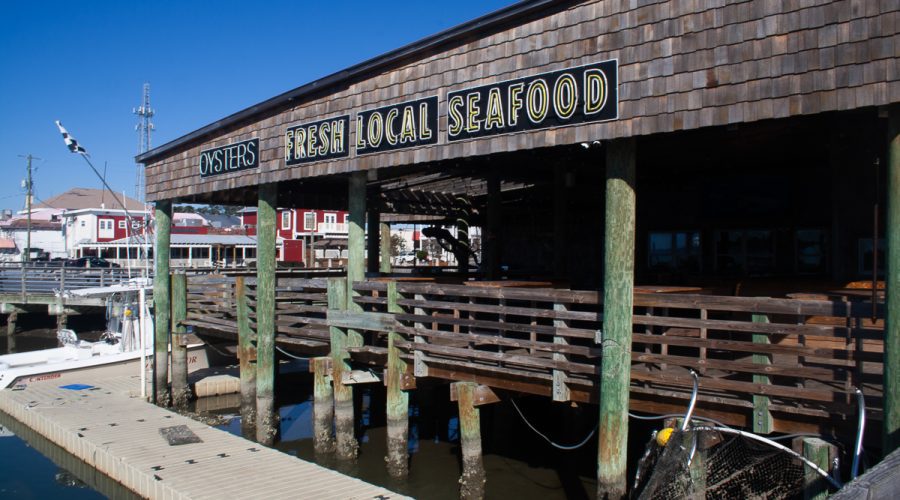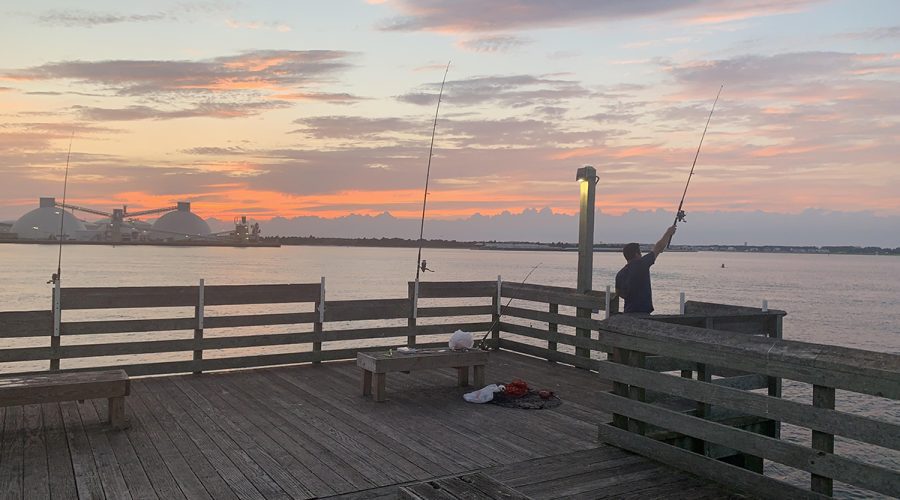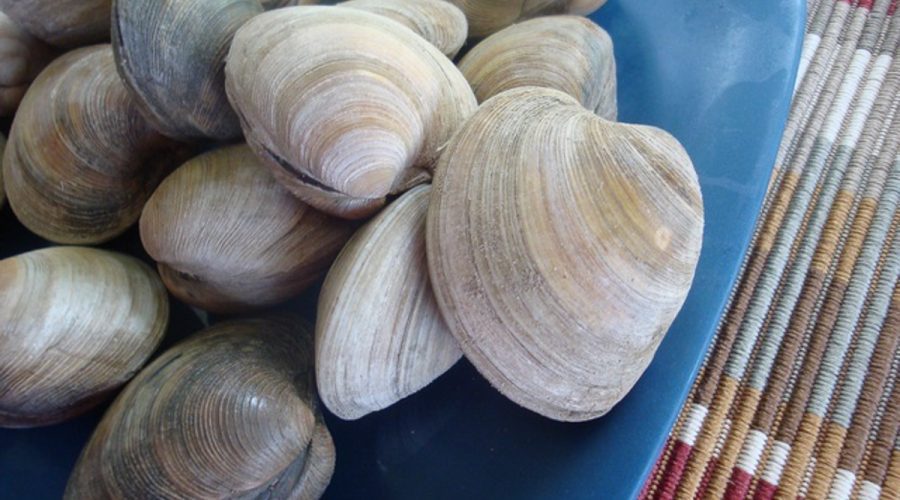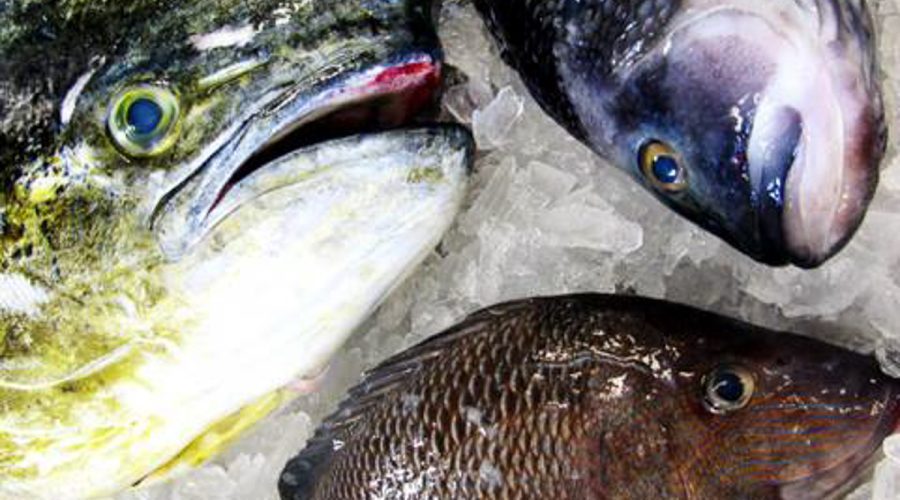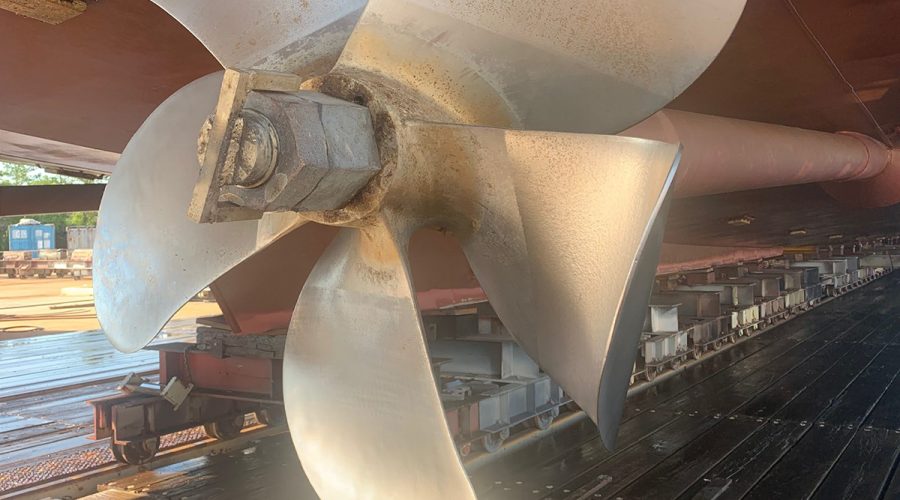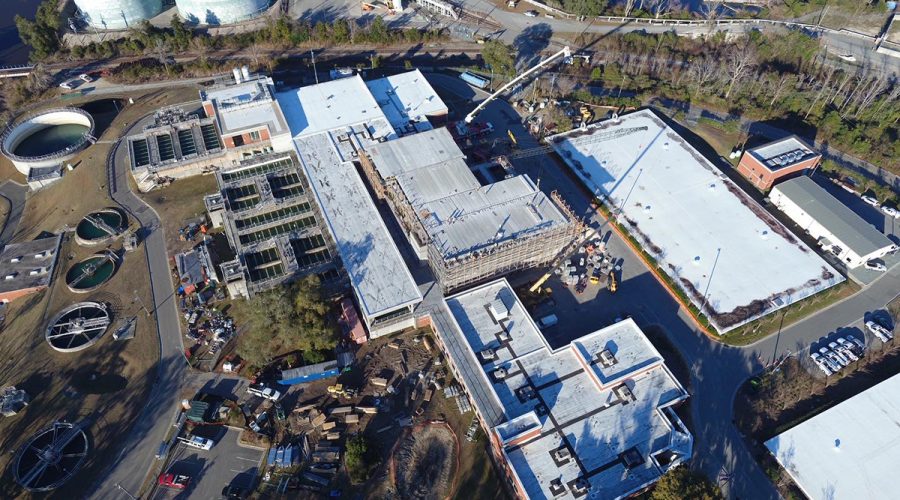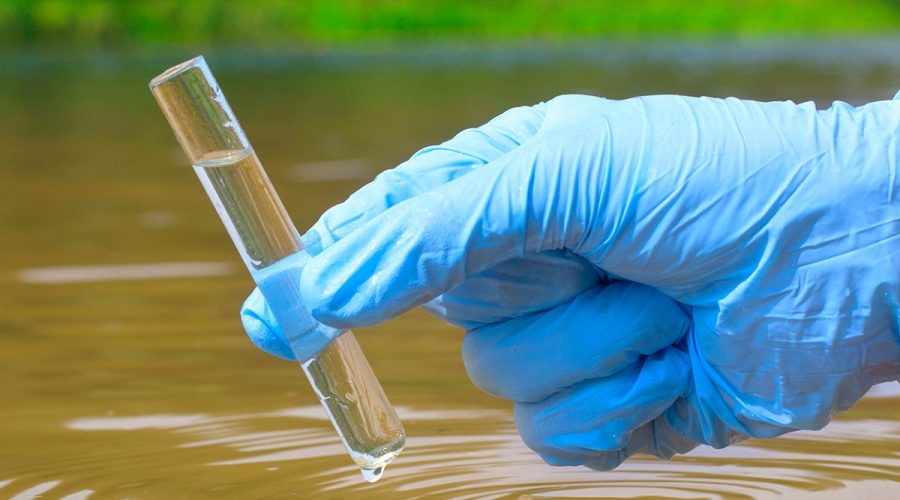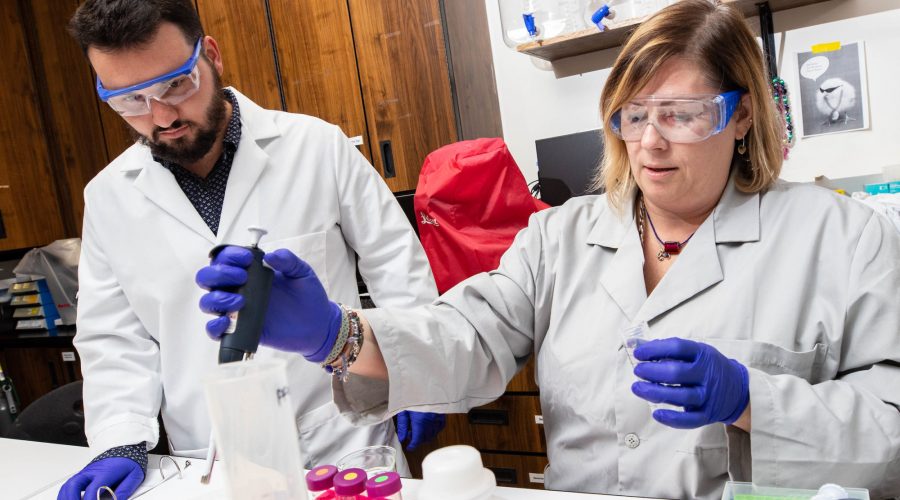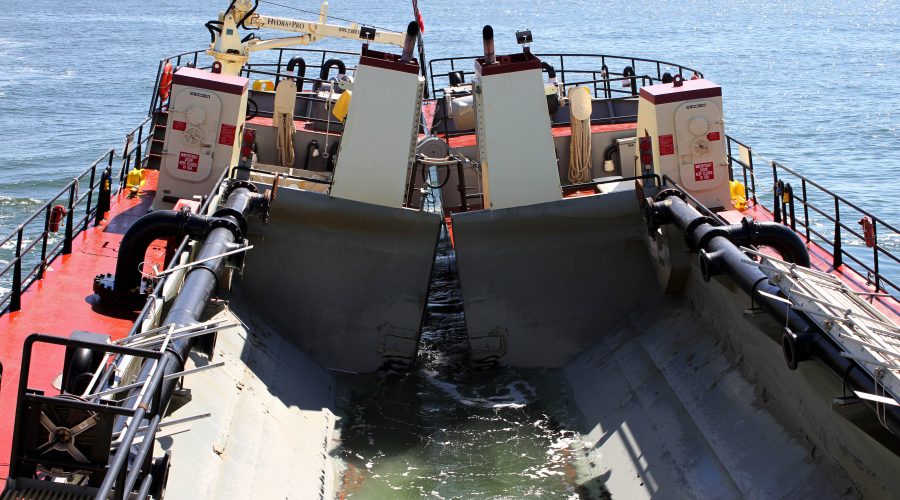An ecosystem project in an NC peat bog could yield jobs, help with stormwater management and suppress wildfires and is part of an ambitious plan to create a carbon credit market to offset millions of tons of greenhouse gas emissions.
Special Reports
Construction threatens natural beauty that lured residents
As Carova residents prepare for higher seas, stronger storms and other effects of climate change, some residents are more focused on the human impacts.
Exclusive Carova showcases costs of coastal development
Despite federal disincentives and increasing perils from climate change, new houses continue to pop up in this enclave for the wealthy at the remote northern end of Currituck Banks.
Myriad problems led to Rodanthe’s doomed beach houses
Some blame the owners of erosion-threatened or destroyed beachfront houses, but there is plenty of blame to go around, including policy, regulatory and enforcement shortcomings, climate change and government inaction.
A cycle of septic repairs, washouts on park service beaches
With two-dozen oceanfront septic systems compromised by storms so far this year and spilling on the Cape Hatteras National Seashore in Dare County, several have been repaired only to be washed away again.
Socially sustainable seafood requires diligence, scrutiny
Mislabeling is common in the seafood industry even as consumer demand for local and sustainable food grows. In the end, it’s better for everyone to make the supply process transparent.
Subsistence fishers catch dinner, but get more from casting
Subsistence fishing is a mix of culture and economics in eastern North Carolina.
Stewardship, consumer support keys to sustainable seafood
Advocates say attaining and maintaining sustainability in the seafood industry means recognizing and balancing the ways society, culture, economy and ecology are all interconnected.
Defining terms: What does ‘sustainable seafood’ mean?
“Sustainability” has multiple meanings, but in the context of seafood, the word has social, economic and environmental implications. Second in our continuing series examining the role and sustainability of seafood in a healthy diet.
White House rolls out plan to fight hunger, improve health
The national strategy focuses on improved access for Americans to more nutritious food options with more than 100 organizations and businesses ponying up more than $8 billion to help reach the plan’s goals.
Worsening conditions challenge Ocracoke ferry operations
Various solutions have been put forward to address persistent and increasingly disruptive problems affecting navigation in constantly changing Hatteras Inlet, a vital route for Outer Banks residents and the economy.
Officials outline steps to address PFAS contamination
Filtration at the public water treatment level, stopping contamination at the source and setting health standards are steps toward protecting the public from PFAS.
Study finds PFAS health risks inadequately communicated
A recent analysis found that messaging about the health risks of PFAS for significantly exposed communities needs to be stronger and offer the public more guidance.
Vaughn Hagerty: The reporter who broke the GenX story
His curiosity-driven “Googling around” led to a research paper about contaminants detected in the Cape Fear River that, in turn, led to a news story that rattled the region and helped shape five years of environmental policy on PFAS.
Researchers make strides in 5 years since GenX reported
Developments have been swift in the five years this week since the public first learned of an emerging contaminant in the drinking water source for thousands in the lower Cape Fear region, but work remains.
Recent shoaling highlights shallow-draft navigation woes
A nor-easter in May exacerbated already difficult conditions for transportation and businesses that rely on navigable Outer Banks inlets, as officials contend with both federal and private dredge fleets that are stretched thin.

